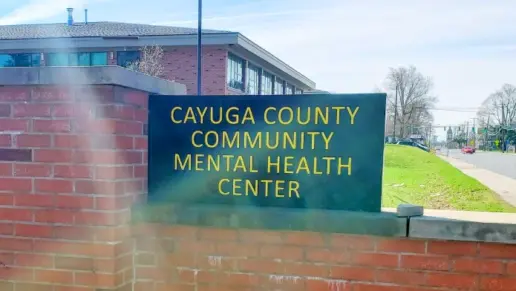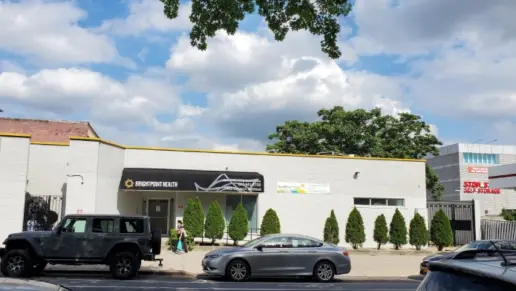About New York – Presbyterian – Columbia University for Anxiety and Related Disorders
The New York Presbyterian Columbia University Clinic for Anxiety and Related Disorders (CUCARD) in New York City, New York is a satellite clinic that specifically works to treat anxiety and related disorders in adults, children, and adolescents. It is part of the greater New York Presbyterian Hospital system as well as the Columbia University network.
This specific facility does not treat substance use disorder (SUD) directly such as with detox, medication assisted treatment (MAT) or even SUD specific counseling.
Dual Diagnosis Care
While CUCARD is not directly responsible for managing SUD treatments, its support of addressing anxiety and related disorders would be beneficial if your substance abuse was triggered by an underlying anxiety disorder. CUCARD can provide pharmacology support to help you manage symptoms associated with any relevant diagnosed conditions.
Support for All Ages
If anxiety is preventing you from living a full life, CUCARD has clinicians who are well trained in helping you manage your condition. Evidence based therapeutic treatments can include CBT in both individual and group settings, intensive outpatient treatments for people facing more severe anxiety, and family education and resources geared towards helping parents effectively support children struggling with anxiety.
Community Outreach for Enhanced Care
Another feature that’s effective with CUCARD is the organization’s community outreach. This includes workshops and treatment teams that can provide mobile response. Additional support can include local therapists that practice outside of the clinic, schools, and community agencies. The Manhattan location at 3 Columbus Circle is one of two CUCARD clinics with the other located in Tarrytown.
Columbia University accepts several major insurances available in New York state along with Medicaid and Medicare. New York Presbyterian accepts a wider range of insurances, including Medicaid and Medicare. Because these are two separate health systems that are working together to expand service offerings in New York, it’s always best to speak with a patient care advocate who can confirm which insurances will be accepted when trying to access certain services.
Latest Reviews
Rehab Score
Other Forms of Payment
Self-pay involves paying for treatment out of your own pocket. You can use savings or credit, get a personal loan, or receive help from family and friends to fund your treatment. If you don't have insurance or your insurance plan doesn't cover a specific program, self-pay can help ensure you still get the care you need.
Addiction Treatments
Levels of Care
 Outpatient
Outpatient
Treatments
Mental health rehabs focus on helping individuals recover from mental illnesses like bipolar disorder, clinical depression, anxiety disorders, schizophrenia, and more. Mental health professionals at these facilities are trained to understand and treat mental health issues, both in individual and group settings.
Programs

Adult Program

Young Adult Program
Clinical Services
Cognitive Behavioral Therapy (CBT) is a therapy modality that focuses on the relationship between one's thoughts, feelings, and behaviors. It is used to establish and allow for healthy responses to thoughts and feelings (instead of unhealthy responses, like using drugs or alcohol). CBT has been proven effective for recovering addicts of all kinds, and is used to strengthen a patient's own self-awareness and ability to self-regulate. CBT allows individuals to monitor their own emotional state, become more adept at communicating with others, and manage stress without needing to engage in substance abuse.
Eating disorders include anorexia, bulimia, binge eating, and dysfunctional eating patterns. Many psychologists and other mental health professionals consider eating disorders to be food addictions, meaning food is being used in an addictive way (similar to drug or alcohol addiction). Certain substance abuse treatment programs will have treatment for eating disorders as one of the services offered. An eating disorder may also present as a co-occuring disorder or dual diagnosis alongside drug and alcohol addiction.
Group therapy is any therapeutic work that happens in a group (not one-on-one). There are a number of different group therapy modalities, including support groups, experiential therapy, psycho-education, and more. Group therapy involves treatment as well as processing interaction between group members. CUCARD provides cognitive behavioral group therapy for anxiety disorders. During group treatment, patients typically participate in small groups of 5-7 people for 90-minute sessions. Groups are mixed gender and are available for a variety of ages including adolescents, college students, young adults, and adults. Each group is short term, often lasting for 12-16 weeks. Group treatment is available for a variety of anxiety disorders including social phobia, generalized anxiety disorder, separation anxiety, panic disorder, and obsessive-compulsive disorder.
In individual therapy, a patient meets one-on-one with a trained psychologist or counselor. Therapy is a pivotal part of effective substance abuse treatment, as it often covers root causes of addiction, including challenges faced by the patient in their social, family, and work/school life. CUCARD provides personalized, intensive therapy programs for individuals suffering with anxiety disorders. Intensive treatment begins with a thorough evaluation of the presenting problem and development of goals and the intensive treatment plan. Sessions are often longer than typical sessions and usually scheduled to occur several times per day and occurring on several days during a week. They offer intensive for specific phobias, panic disorder with or without agoraphobia, and obsessive-compulsive disorder.
Amenities
-
Private Setting
Staff
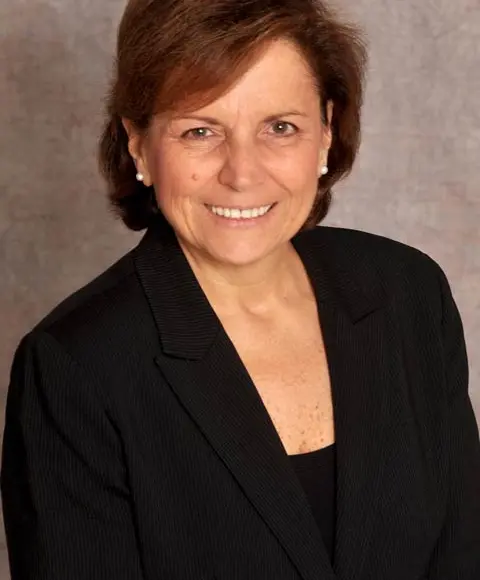
Anne Marie Albano, PhD, ABPP
Founder
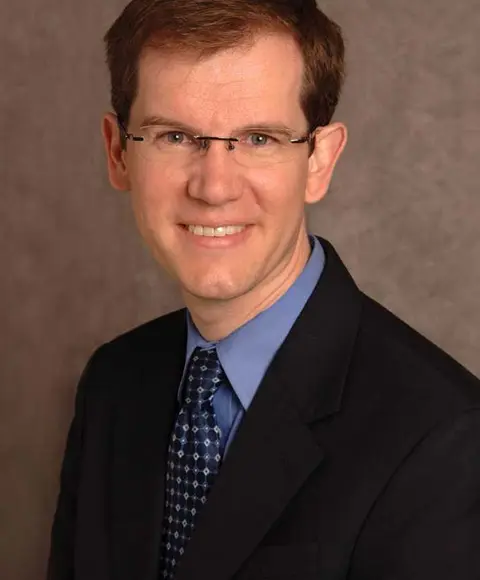
Jeremy Veenstra-VanderWeele, MD
Division Director
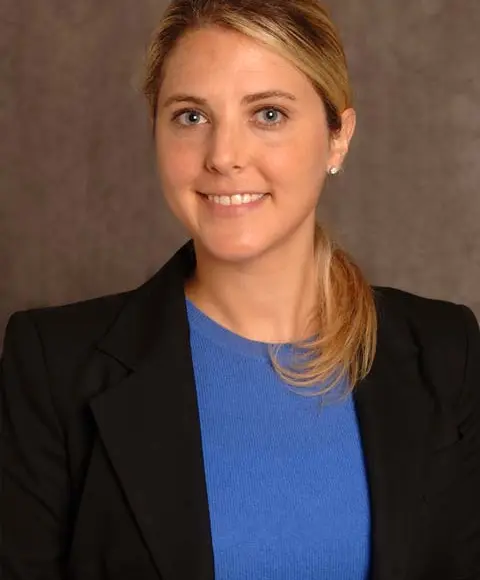
E. Blake Zakarin, PhD
Clinical Director, Manhattan
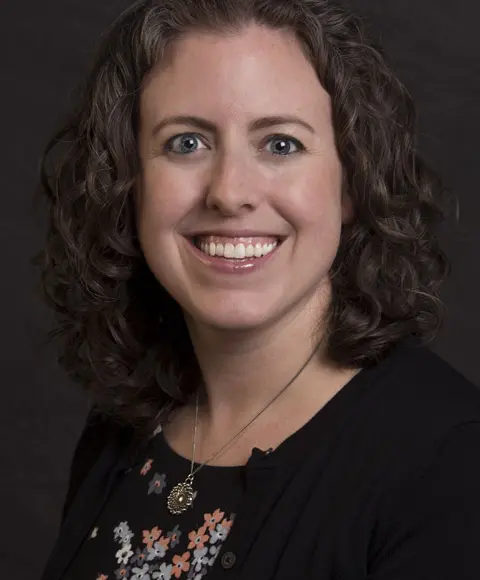
Sarah Frankel, PhD
Senior Clinical Psychologist
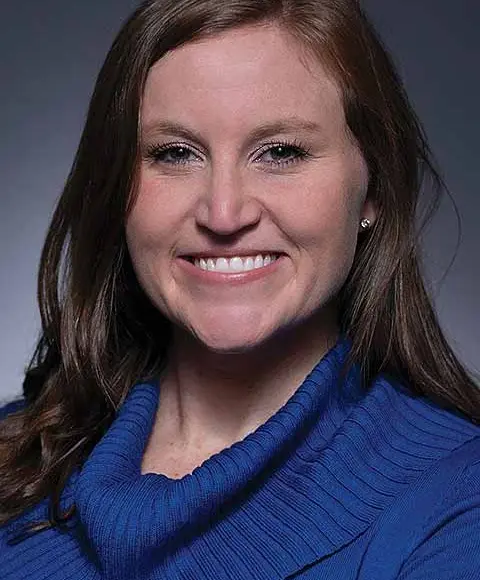
Alyssa Bernstein, LMSW
Senior Clinician
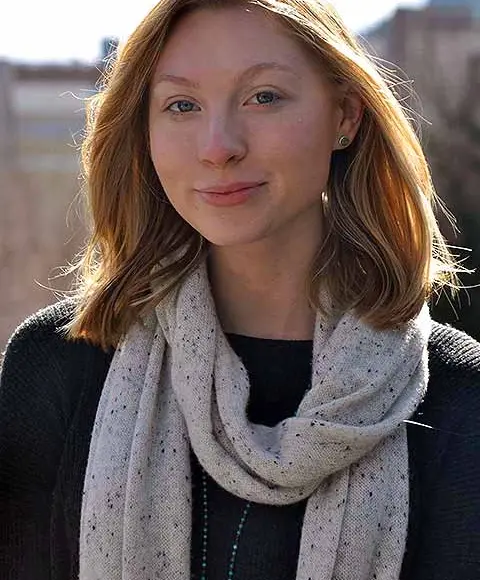
Devon Seelig, MA
Program Coordinator
Contact Information
3 Columbus Circle
#1425
New York, NY 10019
